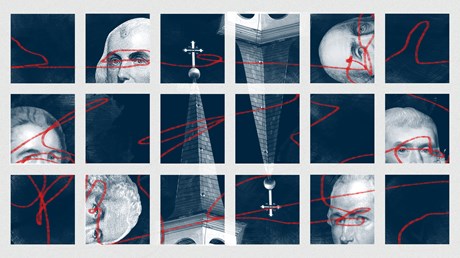An Attack on Faith-Based Exemptions Is an Attack on the Founders’ Vision
A historian’s “intentionally provocative” account of religious liberty in America leaves too little room for claims of conscientious dissent.

American religious-liberty watchers are likely familiar with the case of Barronelle Stutzman. A grandmother from Washington State, Stutzman has worked as a florist for most of her professional life. For more than nine years, she willingly served Robert Ingersoll and his same-sex partner. She created numerous floral arrangements to help them celebrate anniversaries, birthdays, and other special events.
In 2012, an employee told Stutzman that Ingersoll was going to ask her to provide flowers for his wedding ceremony. She talked it over with her husband and concluded: “My faith teaches me that marriage is between one man and one woman. Marriage is a sacred covenant between a man and a woman, as Christ is to the church. To create and design something from my heart that helps celebrate their marriage would be dishonoring to God, and my convictions.”
When Ingersoll came to Stutzman’s store with his request, she gently told him no, gave him a hug, and referred him to a florist who had no such objections. Washington State’s attorney general and the American Civil Liberties Union responded with ruinous lawsuits that may drive her out of business. Attorneys from the Alliance Defending Freedom representing Stutzman contend that religious-freedom guarantees in both the state and federal constitutions protect her decision. Do they?
Historian Jack N. Rakove considers such questions in Beyond Belief, Beyond Conscience: The Radical Significance of the Free Exercise of Religion. The book, an account of religious liberty in America that Rakove calls “intentionally provocative,” is serviceable as a work of history. But as a polemic it represents yet another assault on the ability of some citizens to act on ...
Comments